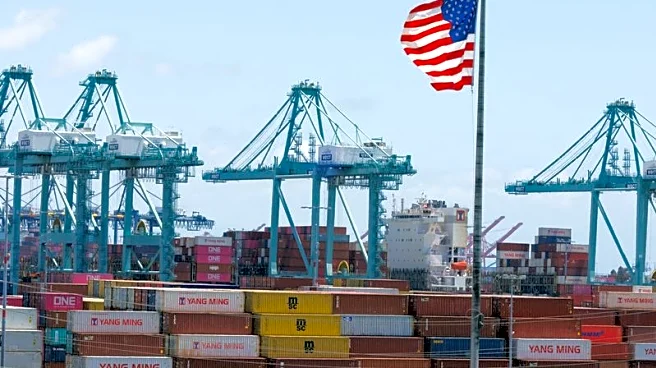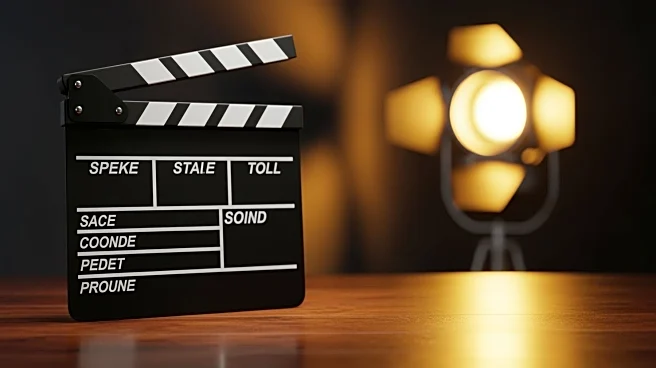Rapid Read • 7 min read
Artist Amy Sherald has withdrawn her upcoming exhibition at the Smithsonian’s National Portrait Gallery due to concerns over potential censorship. Sherald, known for her portrait of Michelle Obama, was set to be the first contemporary Black artist to have a solo exhibition at the gallery. The cancellation follows discussions about removing her painting of a transgender Statue of Liberty, which was feared to potentially offend President Trump. Sherald expressed disappointment, stating that the conditions no longer supported the integrity of her work. The Smithsonian expressed regret over her decision, emphasizing their commitment to fostering understanding through art.
AD
The cancellation highlights ongoing tensions between artistic expression and political influences in cultural institutions. Sherald's decision underscores the challenges faced by artists in navigating institutional pressures and censorship, particularly concerning politically sensitive topics like transgender rights. The Smithsonian, while not a government agency, is influenced by political figures, which can impact its operations and exhibitions. This incident may affect future collaborations between artists and institutions, potentially leading to increased scrutiny and self-censorship among artists addressing controversial subjects.
The Smithsonian may face increased pressure to address its policies on artistic freedom and censorship. Artists and cultural institutions might engage in broader discussions about the role of politics in art exhibitions. Sherald's decision could inspire other artists to reconsider their collaborations with institutions perceived as susceptible to political influence. The Smithsonian may need to reassess its approach to controversial artworks to maintain its reputation as a platform for diverse artistic expression.
This event raises questions about the ethical responsibilities of cultural institutions in supporting artists' freedom of expression. It also highlights the potential impact of political climates on artistic representation and visibility, particularly for marginalized communities. The broader cultural implications may include a shift towards more independent or alternative spaces for artists seeking to avoid institutional censorship.
AD
More Stories You Might Enjoy











